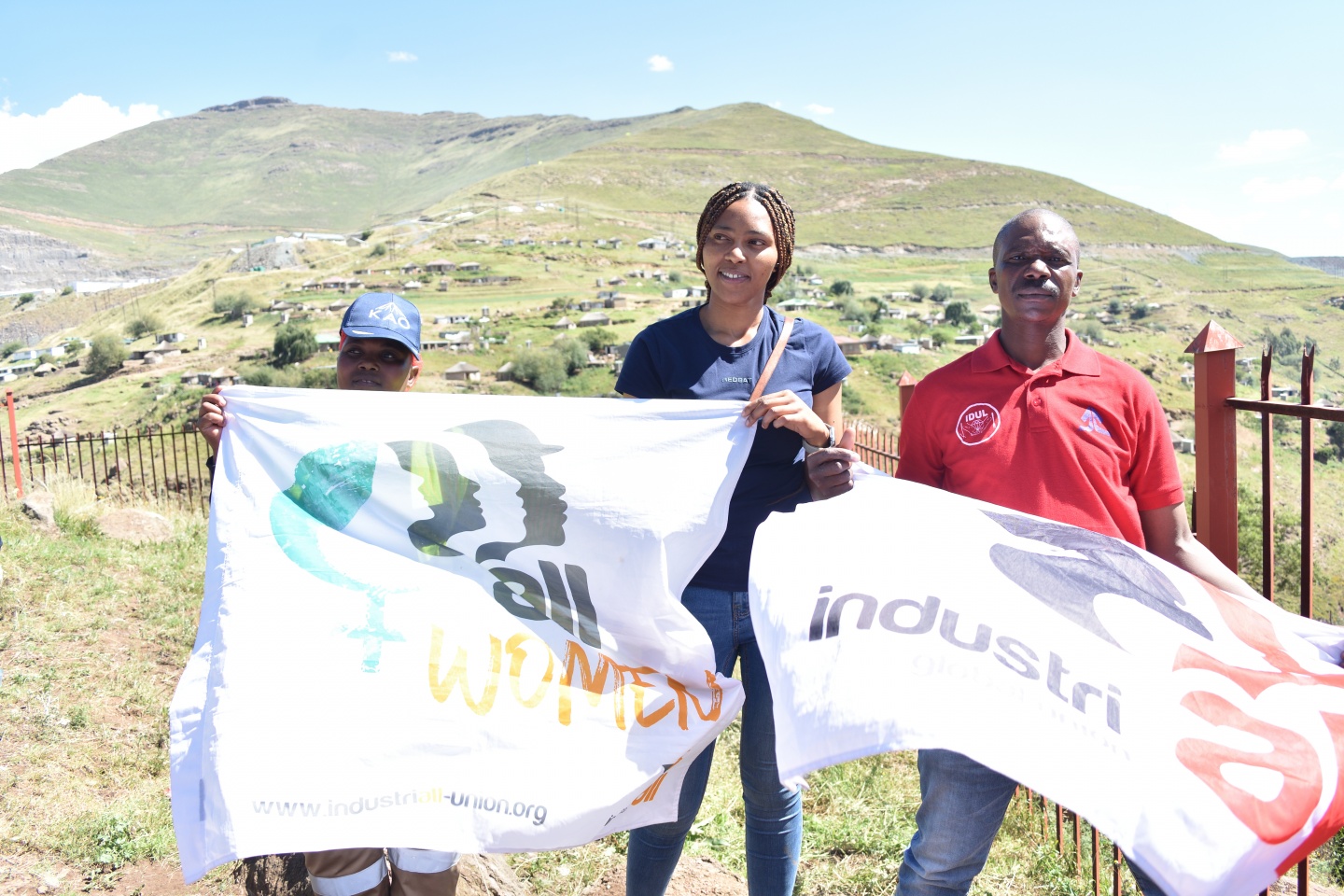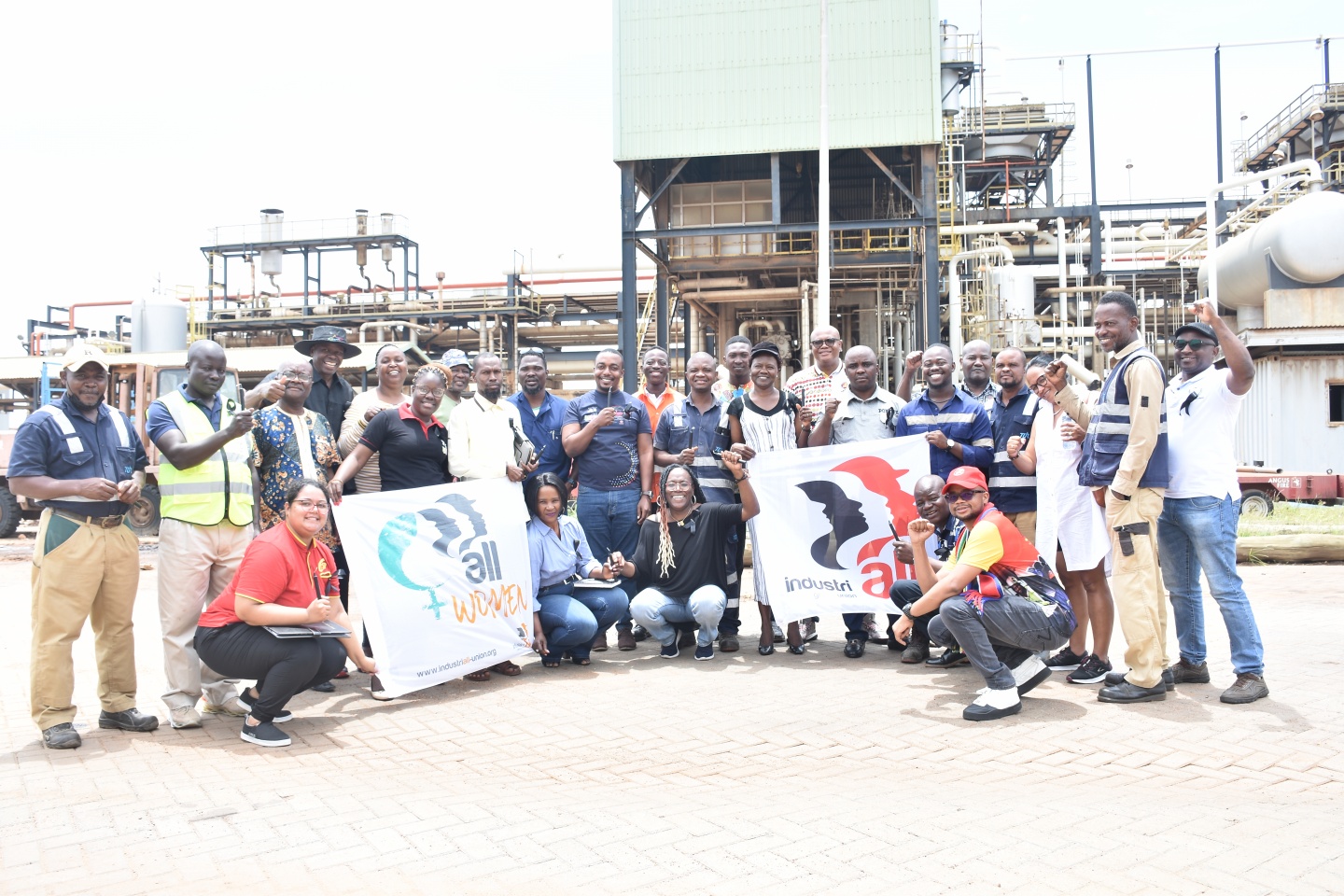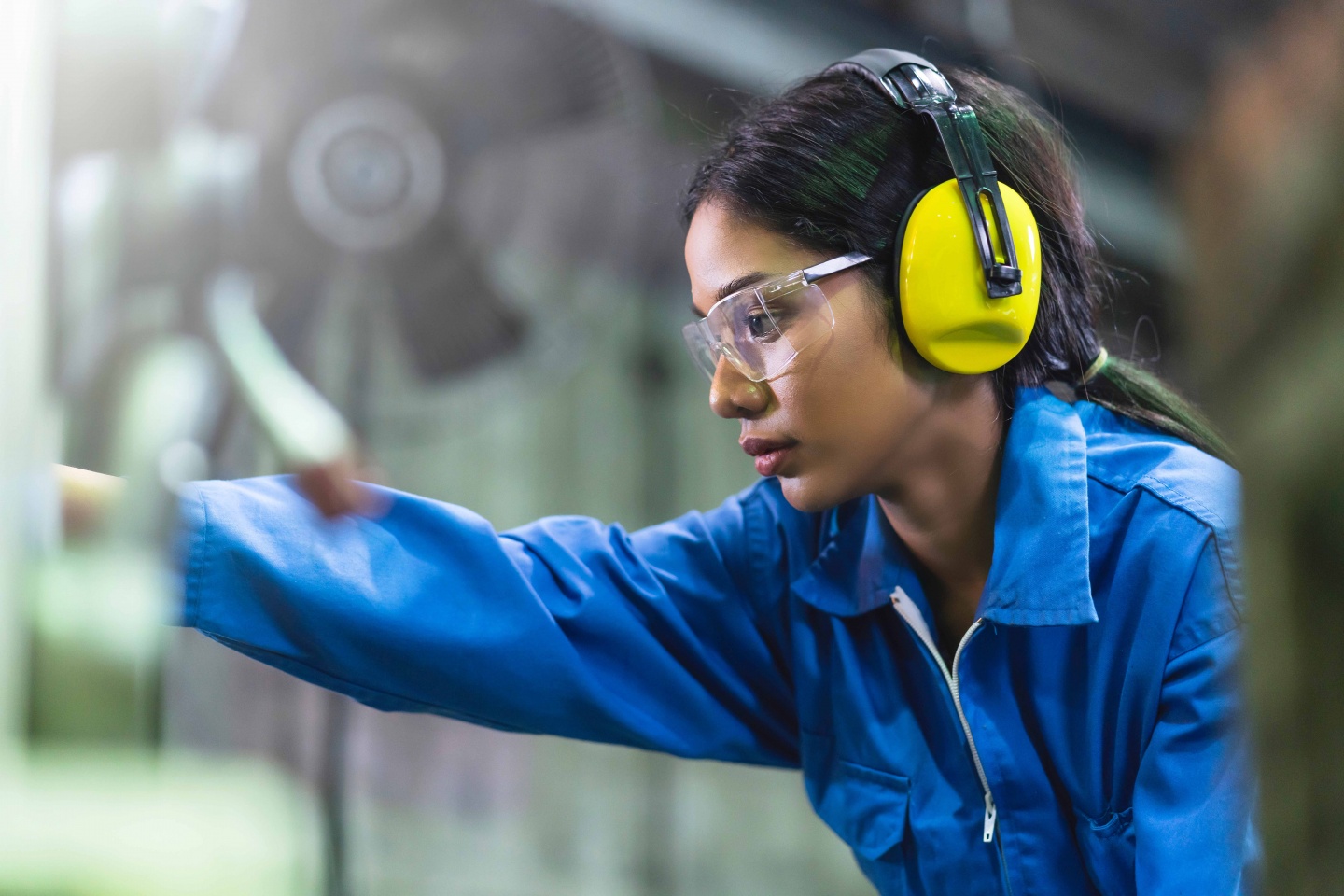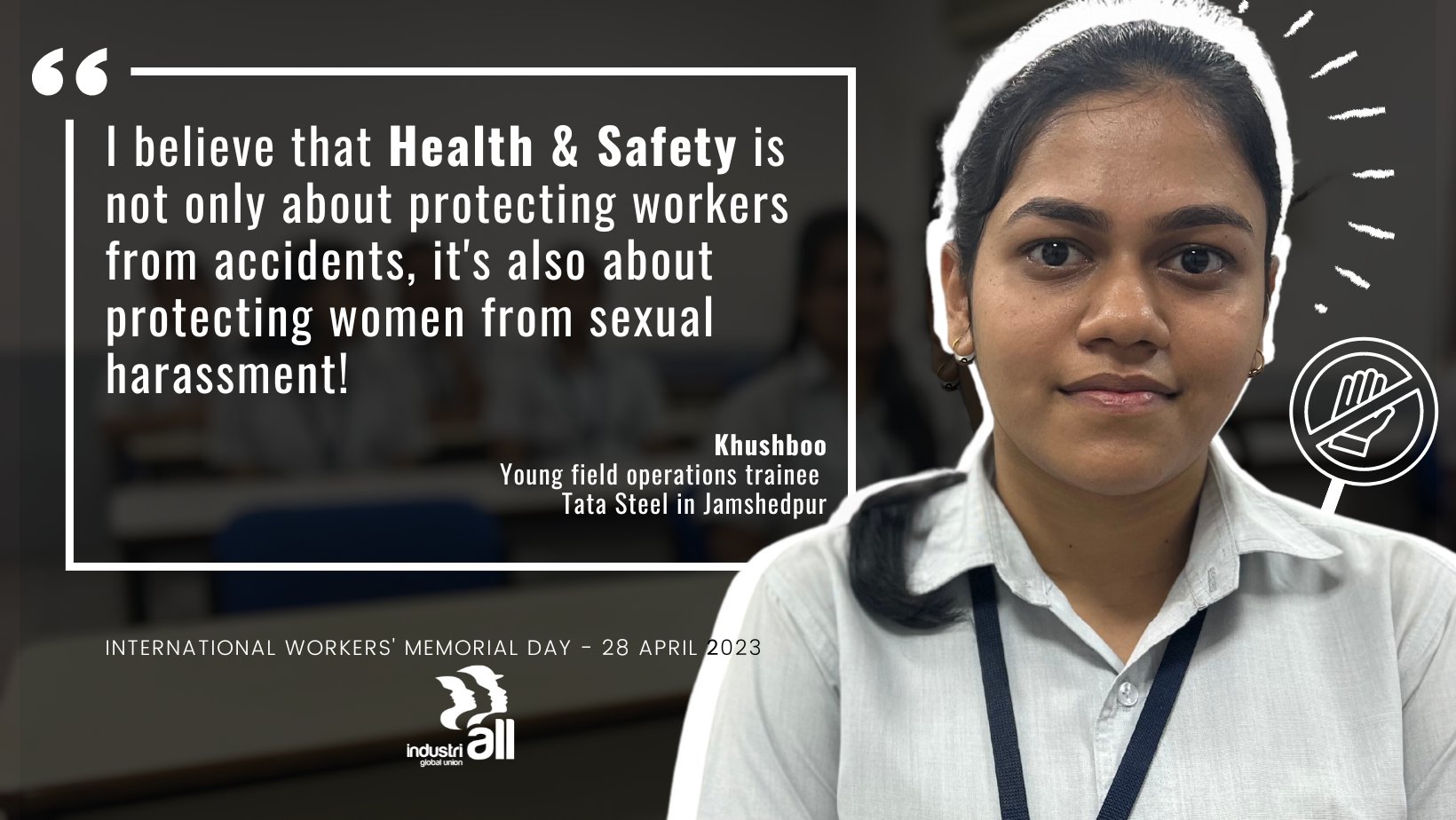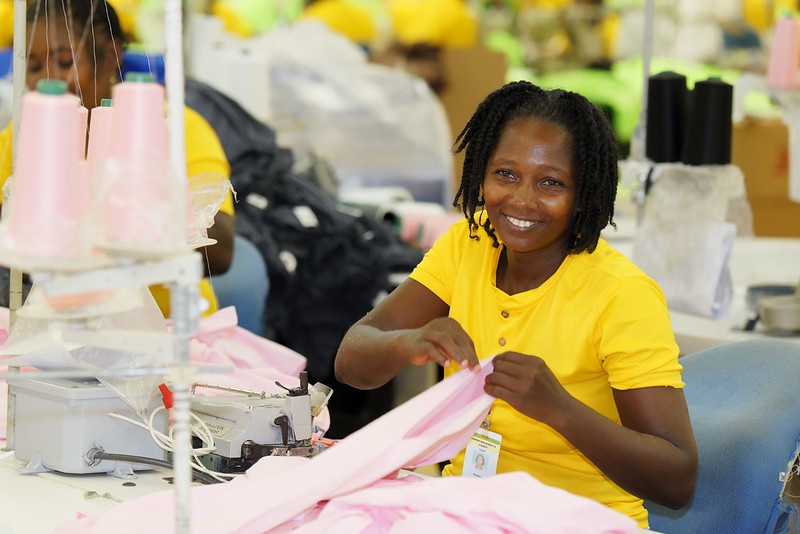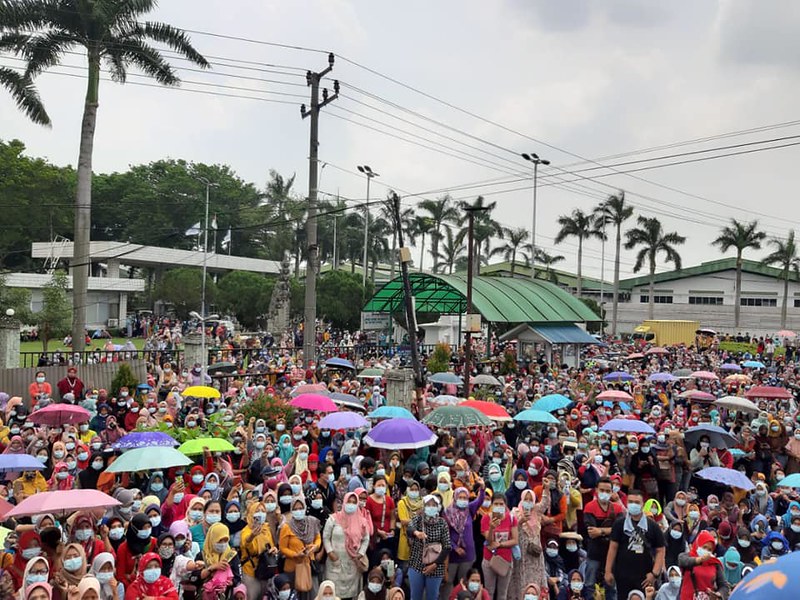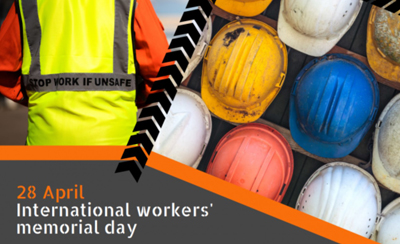Las cifras son alarmantes: se estima que más de 3 millones de personas mueren cada año a causa de su trabajo, mientras que decenas de millones resultan heridas. La salud y la seguridad en el lugar de trabajo es un derecho crucial ignorado demasiado a menudo. Por este motivo, en la antesala del Día Mundial de la Seguridad y la Salud en el Trabajo, que se celebrará el 28 de abril, IndustriALL pondrá el foco tanto en los fracasos como en los éxitos con respecto a este tema.
El auge de la Revolución Industrial, iniciada hace casi 250 años, trajo consigo condiciones de trabajo terribles, fábricas con mala ventilación y equipos peligrosos. Estas condiciones de trabajo nocivas llevaron a los trabajadores a formar sindicatos y exigir un entorno laboral seguro y saludable. El papel de los sindicatos ha sido sinónimo de esa evolución, y la salud y la seguridad en el trabajo han impulsado las respuestas a quienes buscan obstaculizar los avances.
La primera legislación en materia de salud y seguridad, la Ley de Salud y Moral de los Aprendices, de 1784, se promulgó en el Reino Unido como respuesta al brote de fiebre entre los trabajadores de las fábricas de algodón.
En 1984, el Sindicato Canadiense de Empleados Públicos (CUPE) estableció el 28 de abril como un día para conmemorar a los trabajadores fallecidos o heridos en el trabajo, fecha que posteriormente obtuvo reconocimiento a nivel internacional. En 2003, la OIT fijó oficialmente el 28 de abril como Día Mundial de la Seguridad y la Salud en el Trabajo para promover condiciones de trabajo saludables y poner el foco en la prevención de los accidentes laborales.
El 28 de abril simboliza las luchas por la salud y la seguridad en el lugar de trabajo en todo el mundo, y convierte este tema en un eje estratégico en torno al cual sindicalizar y construir sindicatos fuertes.
La lucha llegó a un punto clave en 2022, cuando la OIT reconoció la salud y la seguridad como un principio y derecho fundamental en el trabajo y la incorporó a los otros cuatro ya declarados por esta organización: la libertad de asociación y la libertad sindical y el reconocimiento efectivo del derecho de negociación colectiva; la eliminación de todas las formas de trabajo forzoso u obligatorio; la abolición efectiva del trabajo infantil y la eliminación de la discriminación en materia de empleo y ocupación.
Actualmente, el Convenio sobre seguridad y salud de los trabajadores de 1981 (núm. 155) y el Convenio sobre el marco promocional para la seguridad y salud en el trabajo de 2006 (núm. 187) se consideran convenios fundamentales para dar efecto a la salud y la seguridad como un principio y derecho fundamental en el trabajo.
Glen Mpufane, director de salud y seguridad de IndustriALL, expresó:
“El reconocimiento por parte de la OIT de la salud y la seguridad como un principio y derecho fundamental en el trabajo es una victoria para la lucha de los trabajadores de todo el mundo. También es un testimonio y homenaje a los sucesivos años de lucha obrera por mejorar las condiciones de salud y seguridad en el lugar de trabajo.
La salud y la seguridad en el trabajo no es un beneficio por el cual negociar ni un favor que se debe pedir. Es nuestro derecho”.
El plan de acción del Congreso de 2021-2025 de IndustriALL Global Union sobre la promoción de los derechos laborales es coherente con las luchas de los trabajadores a lo largo de los años por la mejora de las condiciones de trabajo. Este se centra en los derechos fundamentales a la libertad sindical y la negociación colectiva, así como en la fijación de un salario mínimo adecuado, la limitación de la jornada laboral, y la salud y la seguridad en el trabajo.
IndustriALL está promoviendo y haciendo campaña por un enfoque basado en derechos que incluye las siguientes cuestiones:
- La ratificación e implementación de los Convenios de la OIT sobre seguridad y salud en todos los sectores en los que está presente
- El apoyo a la adopción de un convenio, idealmente sobre la protección de la salud y la seguridad contra los riesgos biológicos
- La implementación del Convenio de Hong Kong
